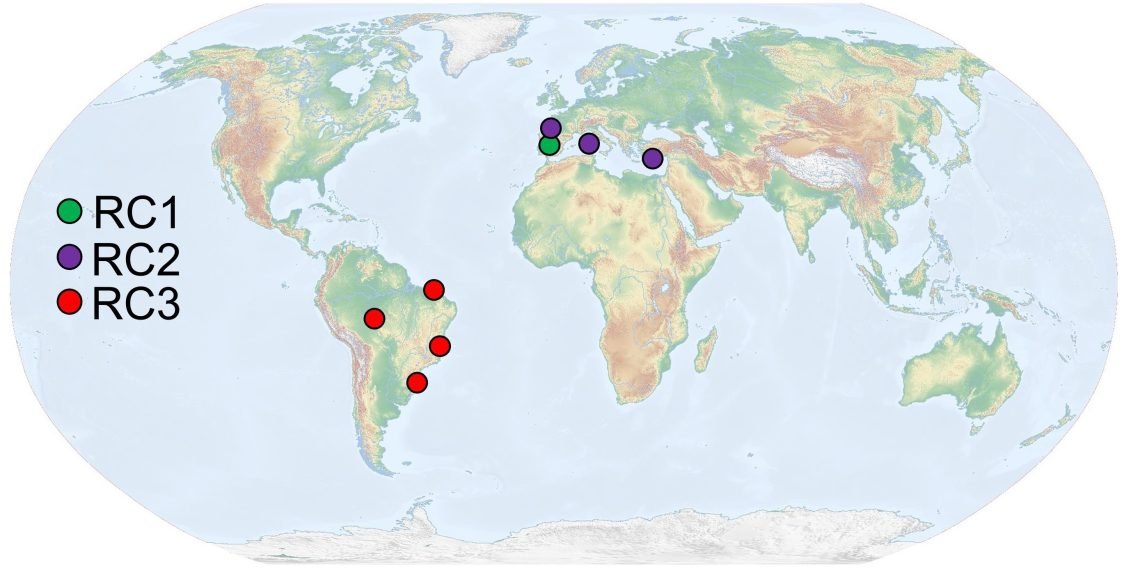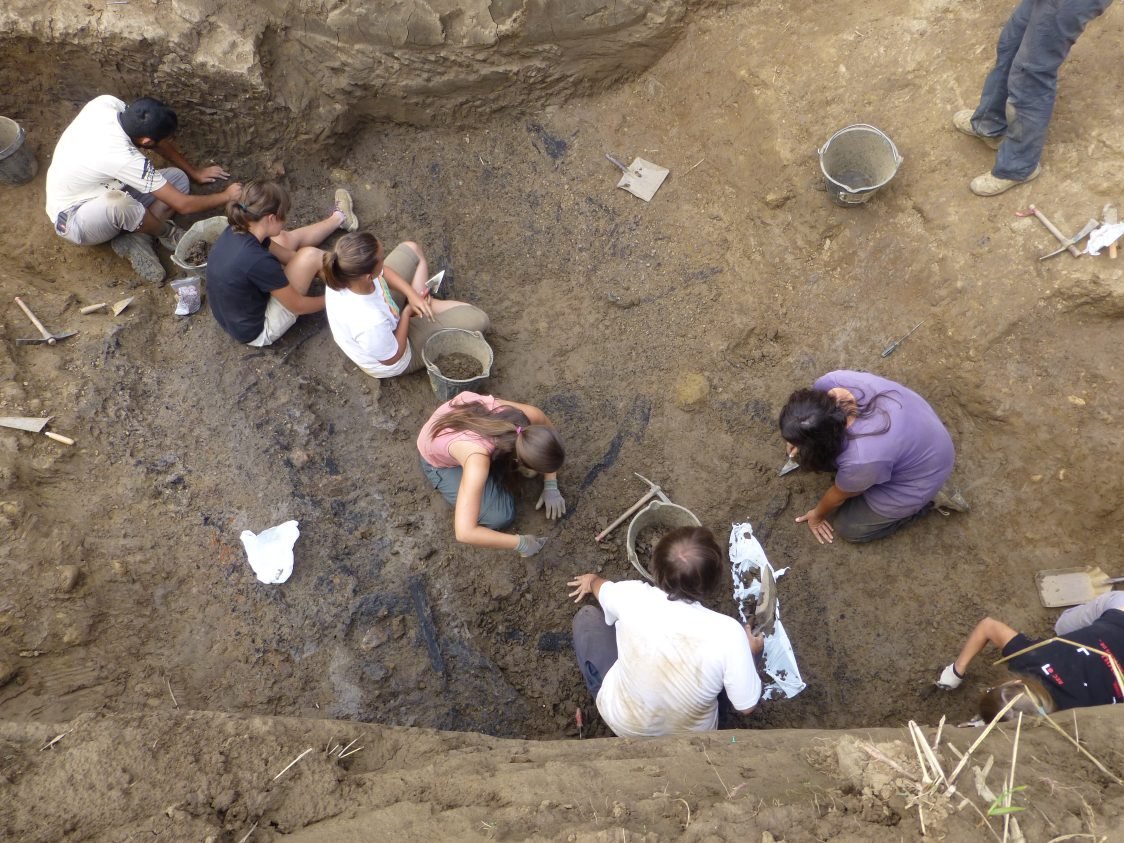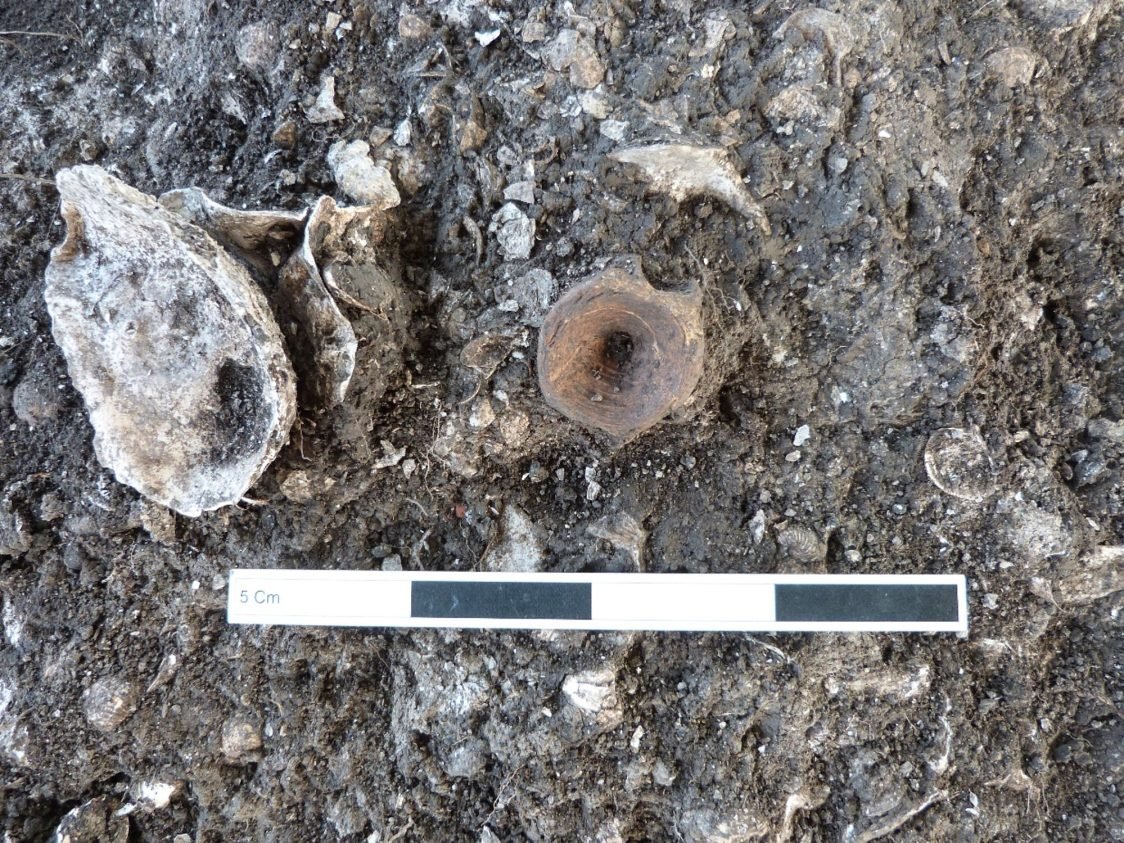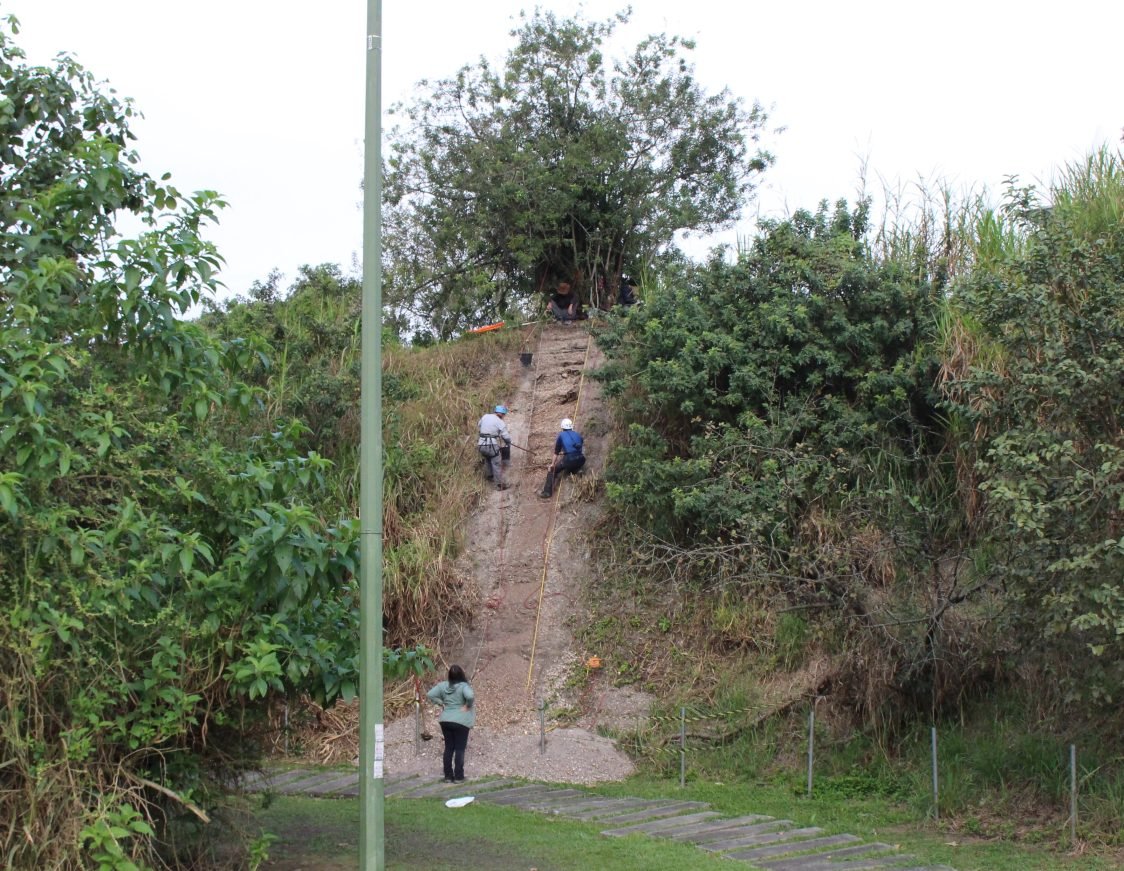
Research projects
Contrasting Evolutionary Trajectories in Early Food Production Systems

EarlyFoods will capitalise on ongoing research projects by members of our team in regions with evidence of contrasting evolutionary trajectories in early food production economies: Southern Europe and Anatolia, and in tropical and subtropical South America.
Our research cluster is founded on the ERC-CoG grants TRADITION and DEMODRIVERS, on the Spanish I+D+i 2020 grant AnimalFarm, along with a recently awarded ICREA Academia, two Marie Skłodowska-Curie fellowships, and on the Marie Skłodowska-Curie ITN-EJD ChemArch, among others.
With the support of ongoing research projects, the group is currently addressing the following research challenges (RC):

RC1
Two research projects are disentangling the seasonal scale of livestock production systems during the introduction of farming in the Iberian Peninsula, while assessing the combined role of wild and domesticated animals in securing food, goods and overall socio-ecological resilience during the Neolithic. Macroregion: Iberian Peninsula; Leading scientists: Saña, Colonese.
RC2
Two research projects are currently delving into the significance of coastal regions during the expansion of agriculture in Southern Europe. These projects involve a comparative analysis of coastal resource use across various historical periods, including the Middle Paleolithic, Upper Paleolithic, Mesolithic, and the Neolithic in the northern Mediterranean basin. We are testing the hypothesis that fishing and shellfish harvesting played a pivotal role in enhancing the adaptability and resilience of early farmers residing in coastal enclaves during the early Neolithic period. Macroregion: Iberian Peninsula, Italian Peninsula, Anatolia; Leading scientists: Saña, Escarzaga, Colonese


RC3
Three research projects are currently investigating the cultural, environmental, and chronological drivers behind the development of agriculture in the Andes, Pampa, Amazon, and Atlantic Forest biomes before European contact. These projects aim to gain a comprehensive understanding of how fishing and plant cultivation contributed to the emergence of urbanization and complex societies within these regions. They will provide fresh insights into the timing, methodologies, and the specific plant species cultivated during this period, while also assessing their influence on forest composition, biodiversity, and the demographic landscape in the pre-European era. Macroregion: Atlantic Forest, Pampa grassland, Amazon basin, Andes; Leading scientists: Colonese, Lombardo, Escarzaga, Pezo-Lanfranco

